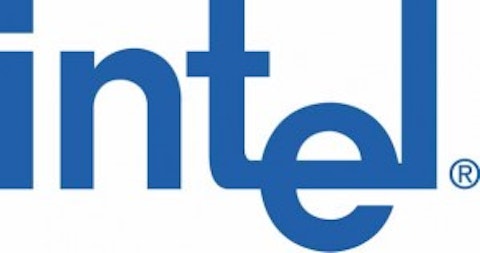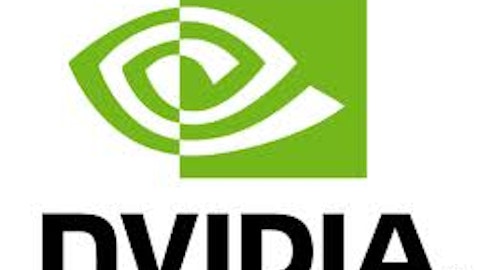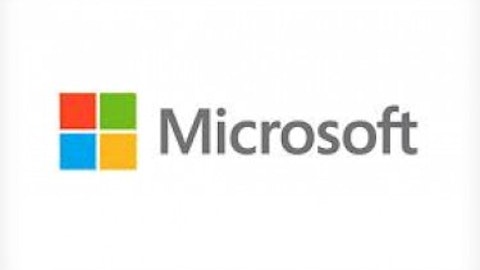Is chip maker Intel Corporation (NASDAQ:INTC) holding back some pleasant surprises from us or is it just a plain and simple case of ego-related foolhardiness? That seems to be the most pertinent question to ask as the chip behemoth came out with first quarter earnings figures, when top and bottom lines continued to take a hit, due largely to the slump in the PC industry. In fact, for a company that has a commanding 96% share of the worldwide market for PC-based processors, the 25% fall in profits reflects the truly sad state it is in at present.

Yes, Intel Corporation (NASDAQ:INTC) has responded in its own way to the crisis by slashing its capital spending plans for the current year by as much as $1 billion. Even then, I am still left groping in the dark as I keep searching for potential areas of growth that justify the remaining $12 billion worth of investments that the company plans to go ahead with.
On top of that, Intel Corporation (NASDAQ:INTC) even raised its revenue guidance for the current quarter that topped analyst estimates and held on firmly to its overall revenue projection for the entire year. And in doing so, the company seems to be banking on a variety of factors that include the release of newer types of processors as well as growth in touch-enabled laptops and ultrabooks. Let’s try and figure out a true picture of what may lie ahead for the beleaguered chipmaker and what are its real chances of making it through.
Did you just throw away our PC, dear?
Intel Corporation (NASDAQ:INTC)’s still the number 1 supplier of chips that power personal computers. The problem is – no one wants to sit and work on PCs anymore. Consumers have started to rapidly move away to smartphones and tablets and Intel is a relatively late starter in those areas, thanks to QUALCOMM, Inc. (NASDAQ:QCOM), its smaller yet formidable competitor. As Intel’s PC division sales fell 6% on a year-on-year basis, this was something which was pretty much expected.
That’s because global PC shipments themselves slid down by a whopping 14% between January and March this year, according to research firm IDC. What added fuel to the fire was the perceived lack of enthusiasm for longtime partner Microsoft Corporation (NASDAQ:MSFT)’s newest and much-touted Windows 8 operating system. For a company like Intel that derives a mammoth 85% of its revenue from PC-based sales, that’s really crippling news. In fact, some of its biggest PC industry customers such as Hewlett-Packard Company (NYSE:HPQ) and Dell Inc. (NASDAQ:DELL) are themselves in a pretty bad shape.
All roads point to competitors
Coming back to smartphones and tablets, Intel’s current position certainly isn’t something to feel good about. This is evidenced by the fact that the company has had an embarrassing less than 1% share of the market for mobile-based processors in 2012, as per research firm Strategy Analytics. On the other hand, QUALCOMM, Inc. (NASDAQ:QCOM)’s processors power the majority of the planet’s smartphones and can be found in handsets made by manufacturing giants such as Apple, Samsung and HTC. In fact, Intel Corporation (NASDAQ:INTC)’s new Clover Trail+ processors already seem to be losing out fast as compared to Qualcomm’s Snapdragon series, solely on the basis of the integrated LTE connectivity factor.
The other major area of difference between Intel and Qualcomm is that while the former has its own chip-making factories known as foundries, QUALCOMM, Inc. (NASDAQ:QCOM) does not own foundries and instead, has chip-sourcing contracts with suppliers such as Taiwan Semiconductor Manufacturing Company (TSMC). Having your own foundries certainly doesn’t expose you to the risk of facing sudden sourcing constraints and gives you a technical edge, but at the same time, Intel may have a tough time securing enough demand for chips manufactured in its foundries. And foundries are very expensive to maintain. While tying up with major customers such as Altera Corporation (NASDAQ:ALTR) provides evidence that Intel is trying hard in this direction, there’s still a lot more to be done.

